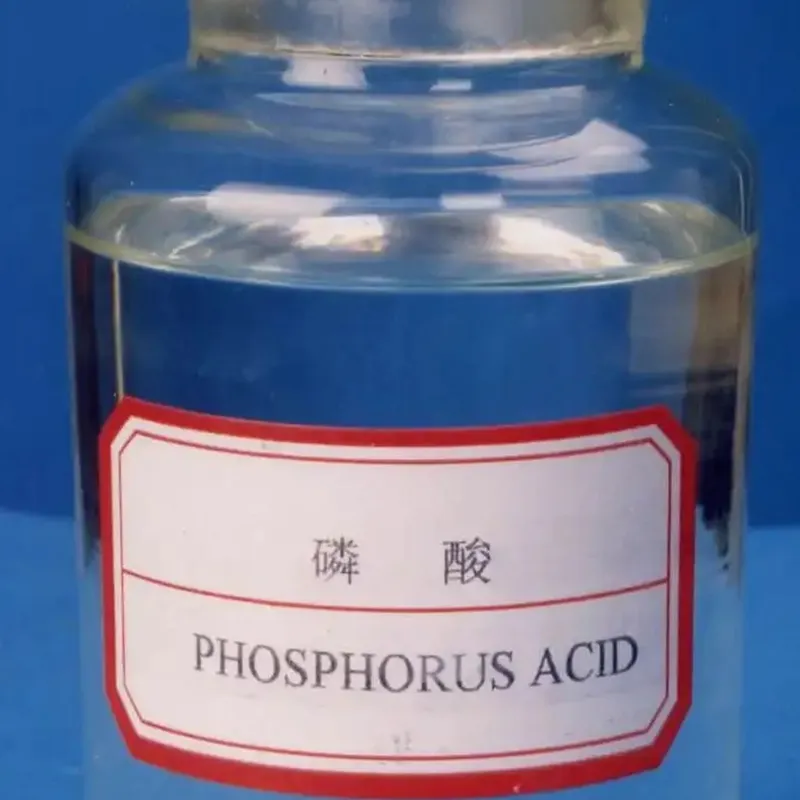
natural anti foaming agent food
Natural Anti-Foaming Agents in Food Production
The food industry is an intricate field that relies heavily on various additives and agents to enhance product quality, texture, and stability. One such important category of additives is anti-foaming agents, used to reduce unwanted foaming during food processing. While synthetic anti-foaming agents have been widely used, there is a growing trend towards natural alternatives, largely due to consumer preference for clean-label products. This article explores the significance of natural anti-foaming agents in food and their potential benefits.
Understanding Foaming in Food Production
Foaming occurs when gas bubbles become trapped in a liquid, forming a frothy layer on the surface. This phenomenon can be problematic in many food processing applications, such as cooking, fermenting, or mixing, as it can interfere with the efficiency of operations, lead to product spoilage, and affect the overall quality of the food. For instance, excessive foaming can hinder the fermentation process in beer or negatively impact the texture of sauces and emulsions.
To combat this issue, manufacturers often resort to anti-foaming agents. These agents work by reducing the surface tension of the liquid, allowing bubbles to collapse more easily and, in turn, minimizing foam formation.
The Shift to Natural Alternatives
As consumers become increasingly conscious of their food choices, there is a growing demand for natural ingredients in food production. This shift has prompted many manufacturers to seek natural anti-foaming agents as substitutes for synthetic options, which may pose health concerns or not be approved for certain food applications.
Natural anti-foaming agents include substances derived from plant oils, fats, and certain proteins. They are generally recognized as safe (GRAS) and offer an appealing alternative for both food manufacturers and consumers. In addition to providing effective foaming control, these agents can also enhance the nutritional profile of the food products they are used in.
Common Natural Anti-Foaming Agents
1. Vegetable Oils Plant-based oils, such as sunflower oil or canola oil, are among the most commonly used natural anti-foaming agents. These oils have unique properties that allow them to spread on the surface of liquids, reducing surface tension and preventing bubble formation.
2. Lecithin Lecithin, a natural emulsifier sourced from soybeans or egg yolks, is often used in various food products, including baked goods, chocolates, and salad dressings. Its ability to stabilize emulsions also contributes to its effectiveness as an anti-foaming agent.
natural anti foaming agent food

3. Silica Gel While often associated with absorbing moisture, natural silica gel can also function as an anti-foaming agent. When added to certain food applications, it helps control foaming without altering the food's taste or texture.
4. Proteins Certain plant-derived proteins, such as those from peas or potatoes, have demonstrated potential as natural anti-foaming agents. These proteins can interact with air bubbles and contribute to a reduction in foam.
5. Gum Arabic A natural gum obtained from the acacia tree, gum Arabic is frequently utilized in food and beverage applications. It not only aids in stabilizing emulsions but also helps control foaming during processing.
Benefits of Using Natural Anti-Foaming Agents
The advantages of integrating natural anti-foaming agents into food processing extend beyond consumer appeal. These benefits include
- Health and Safety Natural anti-foaming agents are less likely to cause allergic reactions and are generally recognized as safe. This makes them suitable for a broader audience, including health-conscious consumers.
- Clean Label Appeal The clean-label trend emphasizes transparency in food manufacturing. Utilizing natural ingredients helps manufacturers align with consumer demands for products with fewer artificial additives.
- Enhanced Flavor Profiles Unlike some synthetic counterparts that may impart undesirable flavors, natural anti-foaming agents often have minimal impact on the taste, allowing the natural flavors of the ingredients to shine.
- Sustainable Practices Many natural anti-foaming agents are derived from renewable resources, making them more environmentally friendly compared to their synthetic alternatives.
Conclusion
In conclusion, the use of natural anti-foaming agents in food production represents a significant shift towards sustainable and health-conscious practices in the industry. As consumer preferences continue to evolve, the future of food processing will likely see an increased reliance on natural ingredients, not only in anti-foaming applications but across all aspects of food manufacturing. By embracing these alternatives, food producers can ensure quality while adhering to the growing demand for transparency and healthiness in what we eat.
-
Buy High-Quality Trichloroisocyanuric Acid for Sale | TCCA 90% SupplierNewsAug.30,2025
-
Pure Sodium Dichloroisocyanurate Dihydrate | Powerful DisinfectantNewsAug.29,2025
-
Industrial Chemicals: Quality & Purity for Every IndustryNewsAug.28,2025
-
Nitrile Rubber Honoring Strict Production StandardsNewsAug.22,2025
-
Aspartame Ingredients Honoring Food Safety ValuesNewsAug.22,2025
-
Fertilizer for Balanced Plant NutritionNewsAug.22,2025
-
Cyanide Gold Processing with High Purity AdditivesNewsAug.22,2025
Hebei Tenger Chemical Technology Co., Ltd. focuses on the chemical industry and is committed to the export service of chemical raw materials.
-

view more DiethanolisopropanolamineIn the ever-growing field of chemical solutions, diethanolisopropanolamine (DEIPA) stands out as a versatile and important compound. Due to its unique chemical structure and properties, DEIPA is of interest to various industries including construction, personal care, and agriculture. -

view more TriisopropanolamineTriisopropanolamine (TIPA) alkanol amine substance, is a kind of alcohol amine compound with amino and alcohol hydroxyl, and because of its molecules contains both amino and hydroxyl. -

view more Tetramethyl Thiuram DisulfideTetramethyl thiuram disulfide, also known as TMTD, is a white to light-yellow powder with a distinct sulfur-like odor. It is soluble in organic solvents such as benzene, acetone, and ethyl acetate, making it highly versatile for use in different formulations. TMTD is known for its excellent vulcanization acceleration properties, which makes it a key ingredient in the production of rubber products. Additionally, it acts as an effective fungicide and bactericide, making it valuable in agricultural applications. Its high purity and stability ensure consistent performance, making it a preferred choice for manufacturers across various industries.





